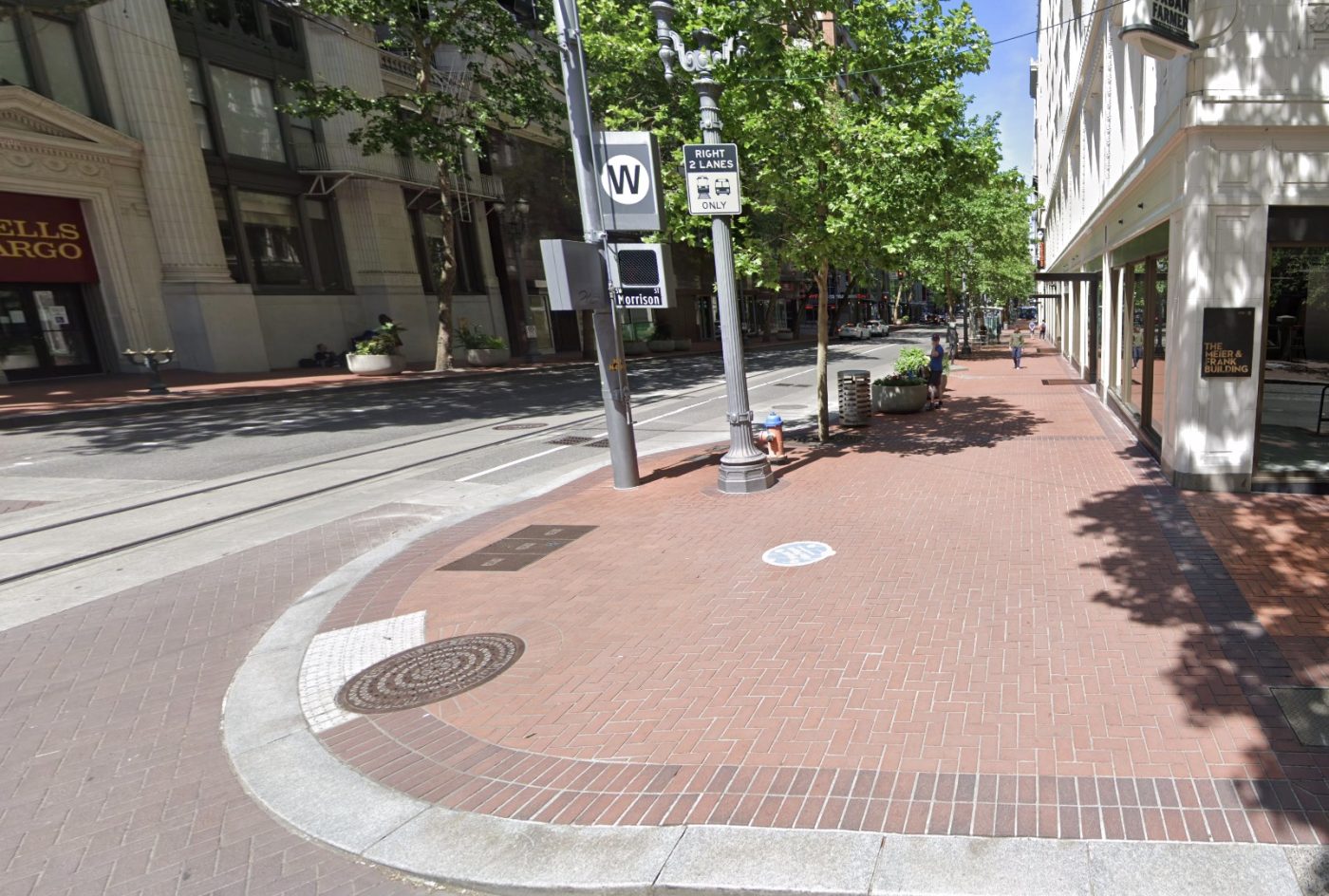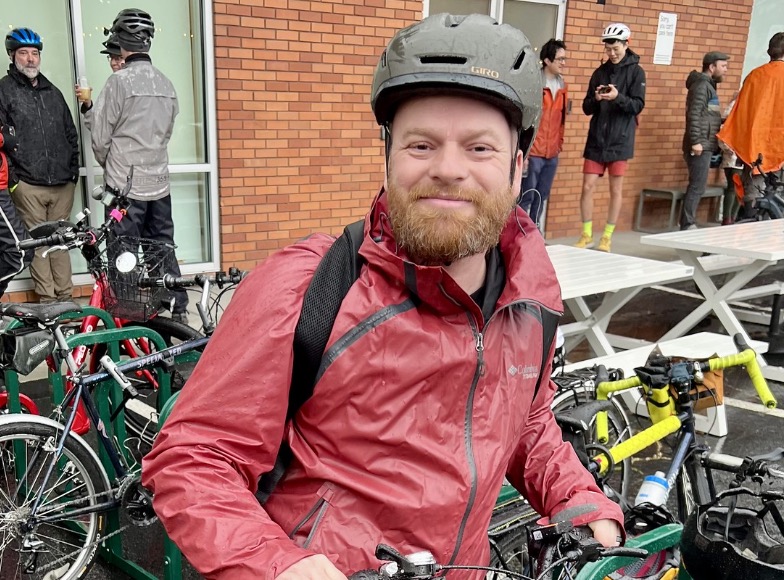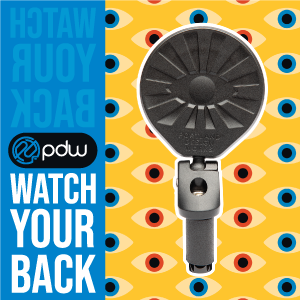Portland City Councilor Mitch Green wants to make it easier for vendors to open up shop on city sidewalks. An ordinance sponsored by Green that will be heard at a meeting of the Arts and Economy Committee tomorrow, would promote free enterprise by removing regulatory barriers he says make small-scale vending on sidewalks infeasible.
Call it hot dog urbanism.
Green believes fewer restrictions on things like hot dog carts would spur more vibrant streets and public spaces that not only generate more revenue for the city and opportunity for up-and-coming entrepreneurs (many of whom can’t afford a food cart), but would also lead to higher quality public spaces. After all, it’s a tried and true tenet of good urbanism that giving people reasons to linger longer makes cities and spaces more interesting.
Among documents Green has filed on city council’s website is a list of frequently asked questions from the National Hot Dog and Sausage Council, and Green appeared in a selfie with a massive hot dog at an event in Pioneer Courthouse Square on Sunday. While he’s having fun injecting hot dogs into civic discourse, Green is serious about this legislative effort. He wants to amend Chapter 17.26 (Sidewalk Vendors) of Portland City Code.
The current code has three provisions Green’s ordinance is looking to remove: it requires someone to get written consent from adjacent property owners as part of their permit application; it has proximity restrictions that prevent someone from receiving a vendor permit if they are within 100 feet of another permit holder on the same block; and it only allows permits within areas zoned commercial.
Here’s how Green is selling his proposal:
Economic Opportunity for Under-Served Communities: Sidewalk vending often serves as an entry point for immigrants, refugees, low-income residents, and other underrepresented entrepreneurs. Eliminating the adjacent-owner consent requirement reduces a gatekeeping mechanism that has, in some cases, excluded these groups from participating.
Cultural Vibrancy: Street vending brings cultural diversity to the public realm, allowing communities to share food, crafts, and services reflective of Portland’s ethnic and cultural richness. Removing the consent barrier helps preserve and grow this cultural expression.
Accessibility and Age Diversity: Sidewalk vending creates opportunities for youth entrepreneurship, seniors seeking supplemental income, and individuals with disabilities who may not be able to operate traditional storefronts.
Green’s not alone in thinking more vendors on Portland sidewalks would be a good thing. Early last year the Portland Bureau of Transportation launched a pilot project to allow food trucks to operate from parking spots and serve folks directly on the sidewalk. The idea behind that project was also to spur activation of city streets and help revitalize downtown.
The move could also spark more bike-based businesses which are the perfect size for selling on street corners.
Ryan Hashagen, owner Old Town-based Icicle Tricycles, supports the ordinance. A former sidewalk vendor himself, Hashagen calls sidewalk vending, “the most approachable and lowest barrier form of entrepreneurship” and believes it enlivens and activates spaces by bringing more eyes to the street.
“Icicle Tricycles started 25 years ago vending ice cream and flowers on the sidewalks and streets of the Pacific Northwest,” he shared with BikePortland this morning. “These initial vending businesses employed people, brought activation to otherwise dormant streets, and led us to ultimately purchase a 30,000 square foot warehouse in the Central City where we manufacture carts and tricycles for businesses and organizations around the world — all from vending ice cream and flowers on city sidewalks!”
I’ve heard grumbling from urbanists and transportation advocates for years about how dead many of our public spaces are compared to other cities. While our food cart scene is unrivaled, they are confined to private property and lack the accessibility, transparency and spontaneity that smaller vendors provide.
Green sees his ordinance as a way to provide a quick shot-in-the-arm for Portland’s reputation as a leader in public space innovation. In comments today at Council’s Transportation and Infrastructure Committee meeting, he acknowledged that making it easier to sell hot dogs and churros on the sidewalk isn’t the most important thing to spend his time on in this moment. “We’ve got a lot of urgent work to do. But one of those is to do vibes cultivation. We need to continue to cultivate good vibes for the city,” Green said. And while he wasn’t referring to this ordinance when he said that, based on the initial reactions to this I’ve seen online, he’s definitely onto something.
— What kind of vibes are you feeling about this? You can sign up to testify or share written comments on this proposal here.





